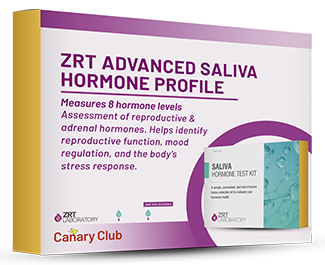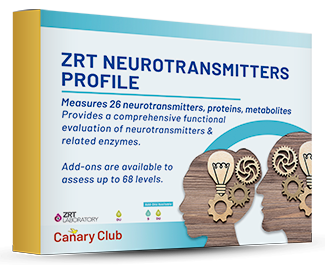Are you depressed or do you suffer from anxiety?
Are you seeking relief from your own mind? As you search for answers to these pressing health concerns, it helps to understand how hormones and other brain chemicals affect moods.
Nerve cells in the brain communicate with each other through neurotransmitters. You have probably heard about one of the best-known: serotonin. This chemical messenger affects moods and is linked to depression, anxiety, and obsessional states. Estrogen’s role in a balanced mental state is to maintain the orderly firing of several neurotransmitters in the brain, including acetylcholine, dopamine, norepinephrine, and serotonin.
 Estrogen, the body’s natural mood stabilizer, and antidepressant, is necessary for the production of serotonin. Due to this link between estrogen and serotonin, women are especially susceptible to mood disorders when they experience a drop in estrogen levels (such as during pre-menstruation). Estrogen levels rise, serotonin levels rise, and a woman’s mood is improved. It happens monthly, for example, when menstruation begins.
Estrogen, the body’s natural mood stabilizer, and antidepressant, is necessary for the production of serotonin. Due to this link between estrogen and serotonin, women are especially susceptible to mood disorders when they experience a drop in estrogen levels (such as during pre-menstruation). Estrogen levels rise, serotonin levels rise, and a woman’s mood is improved. It happens monthly, for example, when menstruation begins.
During pregnancy, high levels of estrogen can improve mood. But right after the baby is born, estrogen levels drop off, reducing the amount of serotonin in the mother’s brain. Sometimes this is the catalyst for post-partum depression.
The same drastic dropping off of estrogen happens during perimenopause, increasing the likelihood of depression and anxiety.
It is important to note that the link between estrogen fluctuation and low mood does not apply to every woman. Karen J. Miller and Steven A. Rogers, authors of The Estrogen-Depression Connection, assert that “the primary culprit for depression is not estrogen changes themselves, but rather a woman’s sensitivity to these changes.”
The relationship between estrogen and serotonin is not entirely understood, although recent studies have brought many facts to light. Further studies are being conducted around the world, expanding our understanding of complex and intricate chemical processes and how they affect moods.
 Signs of Low Estrogen
Signs of Low Estrogen
• depression, mood swings
• hot flashes, night sweats
• migraines, headaches
• weight gain
• food cravings
• panic attacks
• low energy
• dizziness
• joint pain
• vaginal dryness
• brittle hair and nails
• wrinkles and skin problems
• yeast infections, urinary tract infections
• increase in facial or coarse body hair
 Check your estrogen levels with one of Canary Club's at-home hormone testing kits:
Check your estrogen levels with one of Canary Club's at-home hormone testing kits:
Sex hormone/adrenal tests
Thyroid, sex, and adrenal hormone tests
Article by Jennifer Cebulak, Research Editor


